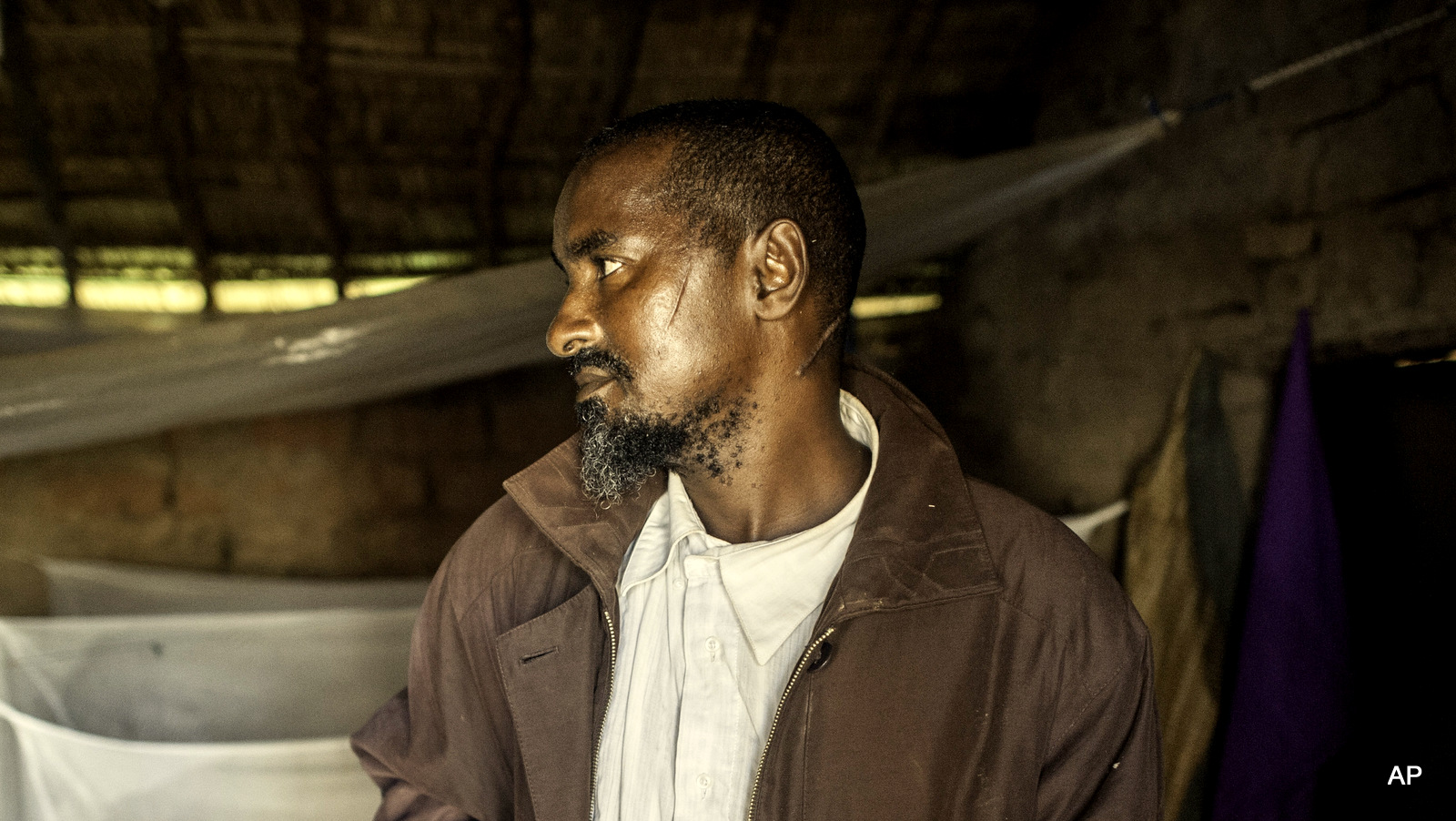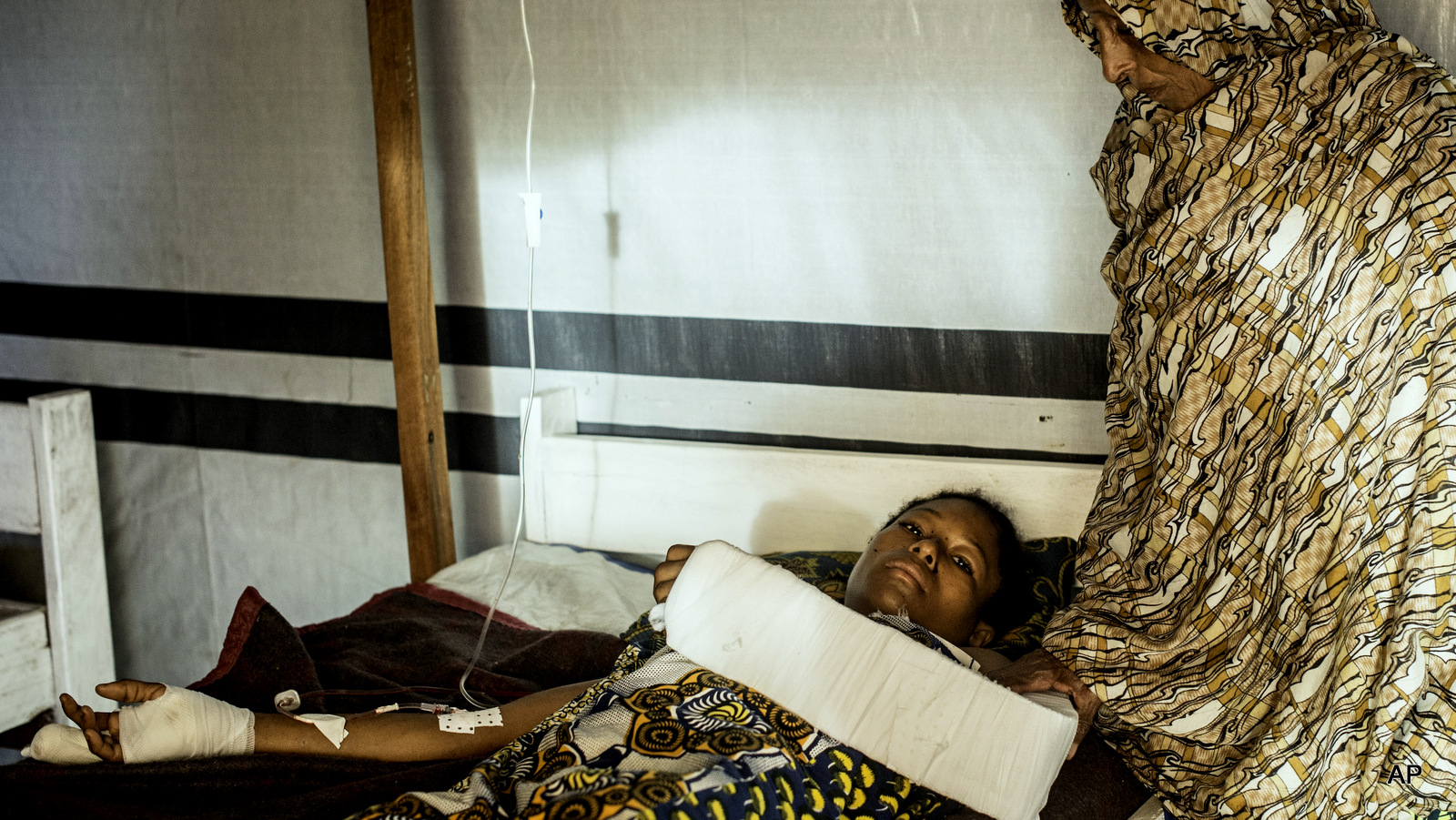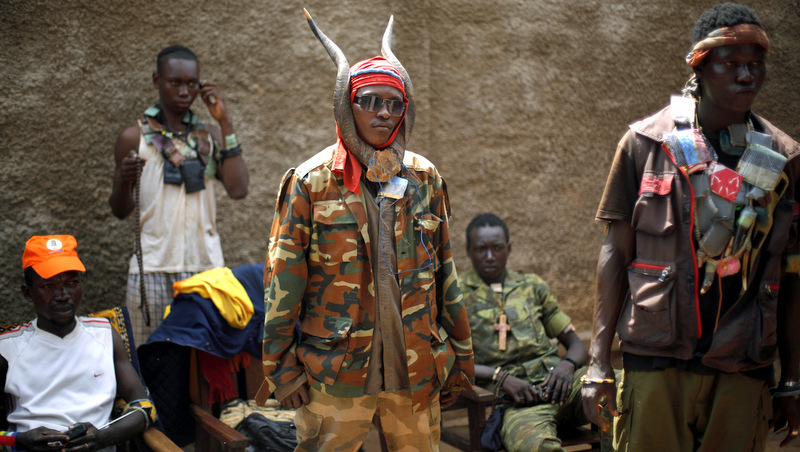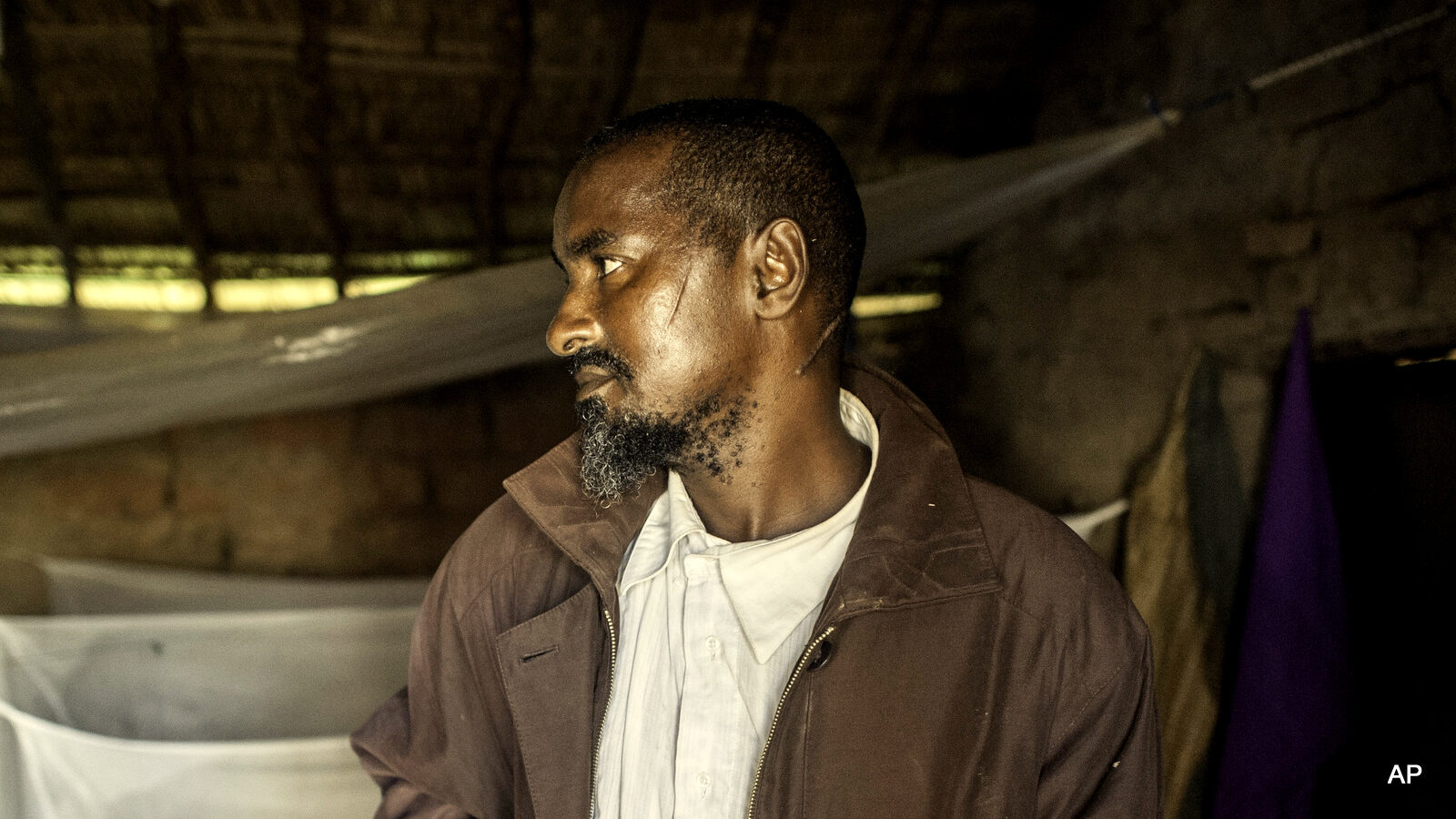
BANGUI, Central African Republic — Despite assurances from United Nations observers that the situation is improving in the Central African Republic, ethnic cleansing, looming civil war and widespread unrest continue to create suffering, especially for the nation’s oppressed Muslim population.
Conflict has raged in the CAR since March 2013, when the Seleka, a group of mostly Muslim rebels, took power. The Seleka were ousted in January 2014, and civil war has since raged between the group and their main opponents, an armed coalition known as anti-Balaka. Since the coup, Christian militias have frequently targeted the country’s minority Muslim population for genocide.
According to a report published Wednesday on the U.N. News Center, the situation in the nation of almost 5 million is gradually stabilizing:
“Political progress combined with the deployment of United Nations peacekeepers in nearly 40 localities have contributed to the improvement of the overall security situation in Central African Republic (CAR), which nonetheless remains precarious, the top UN envoy in the country told the Security Council today.”

However, that stability may be hard to envision for those reading the report that follows, in which Babacar Gaye, the Secretary-General’s Special Representative and head of the UN’s mission in CAR, notes that peacekeepers still receive regular reports on “harassment, racketeering, arbitrary detention and serious violations of human rights such as inhuman treatments in cases of witchcraft accusations.”
On Friday, Doctors Without Borders reported the death of an aid worker at a malaria treatment center in the CAR. And on July 31, Amnesty International warned that many Muslims continue to suffer from oppression and forced conversions. The Associated Press reported:
“’We had no choice but to join the Catholic Church. The anti-balaka swore they’d kill us if we didn’t,’ said a 23-year-old man in the Sangha-Mbaere prefecture, whose name was not given to protect his security.
A Muslim trader said it was effectively illegal to pray.
‘We have to hide, do it quickly, and do it by ourselves,’ he said.
Amnesty International said the bans are happening outside areas under the protection of United Nations peacekeepers and renewed efforts must be made to protect Muslims under threat and bring back those who have fled.”
Also last week, Iran’s Press TV reported on clashes between anti-Balaka and Muslim groups in the southern region of the country. Anti-Balaka gunmen reportedly attacked a village of former Seleka rebel supporters, killing four and wounding four others as the anti-Balaka attempted to steal the villagers’ cows. An additional eight people died in the retaliatory conflict that followed.

Some 6,000 people have been killed since fighting began, with some 2.7 million in need of assistance, over half the country’s population, according to “Too Soon To Turn Away,” a detailed report on the crisis published in July by International Rescue Committee. IRC officials warned that more needs to be done to prevent CAR’s continued collapse.
“Central African Republic needs a new start, or it will become the case study of a failed state,” David Miliband, president of the IRC, told The Guardian.
Meanwhile, “Blood Timber,” a study by the anti-corruption group Global Witness, revealed that foreign investors have exacerbated the conflict by pouring millions into the country in return for logging rights. According to The Guardian’s analysis of the study:

“A Global Witness report estimated that the logging industry paid nearly €3.4m (£2.4m) in 2013 in security and checkpoint payments to the mostly northern Muslim Seleka rebels who seized control of the southern capital Bangui that year. The industry also paid roughly €3.7m in state taxes in 2013. In 2014, the report added, logging companies paid an estimated €127,864 to Christian anti-balaka militia groups.”
For the U.N., hope for a stable future lies in national elections, due in October. However, the Security Council insists the elections will be meaningless unless the thousands of displaced refugees can participate. Agence-France Presse reported last week:
“’Those who are out of the country should be able to vote within the country. It should include every citizen of the Central African Republic,’ Nigerian Ambassador Joy Ogwu told reporters following a council meeting.
The 15-member council agreed in a unanimous statement that the ‘absolute priority is the organization of elections which should be inclusive.’”


